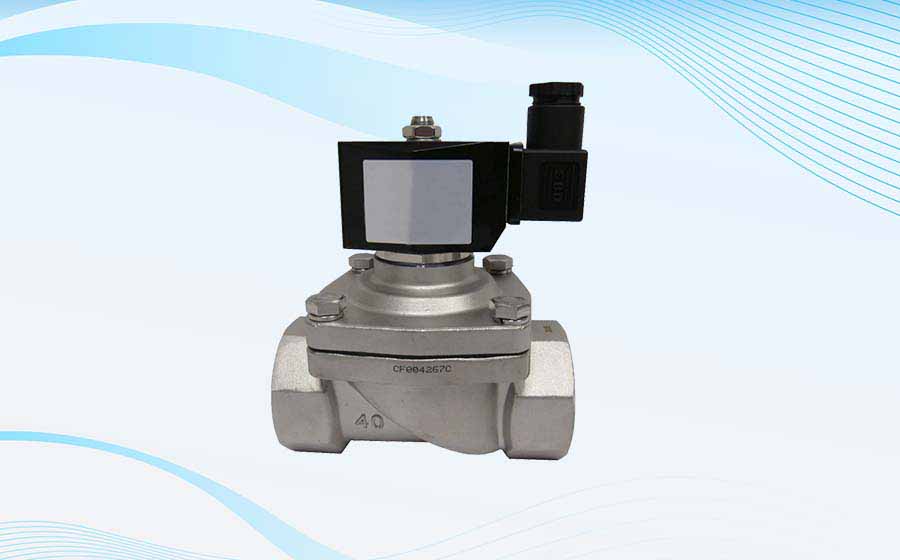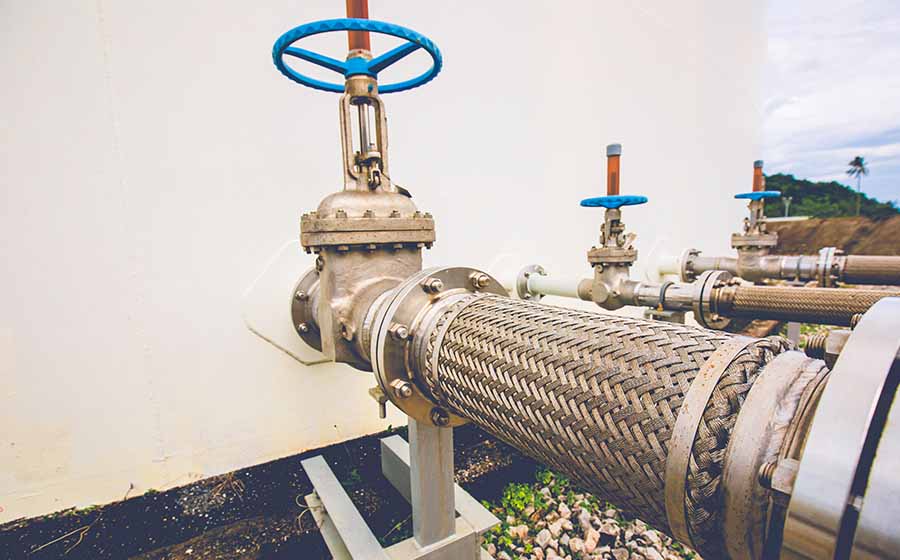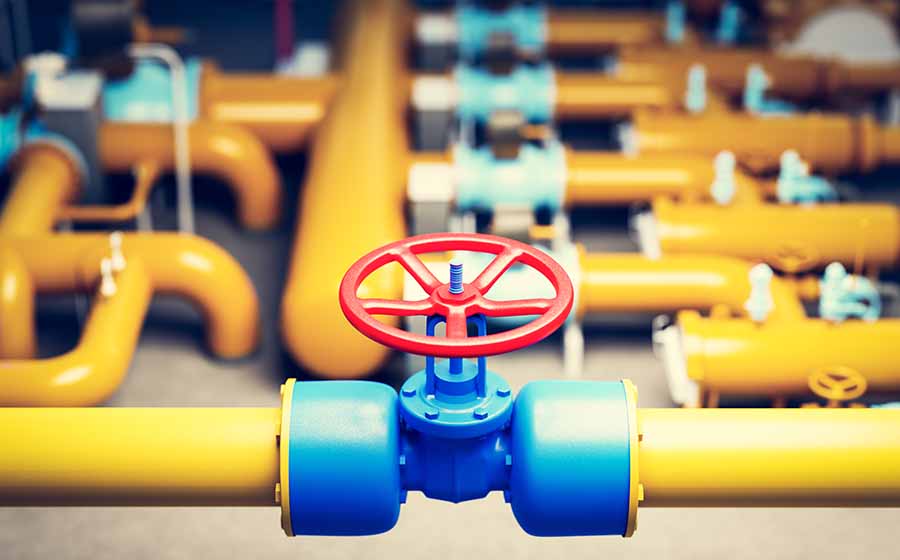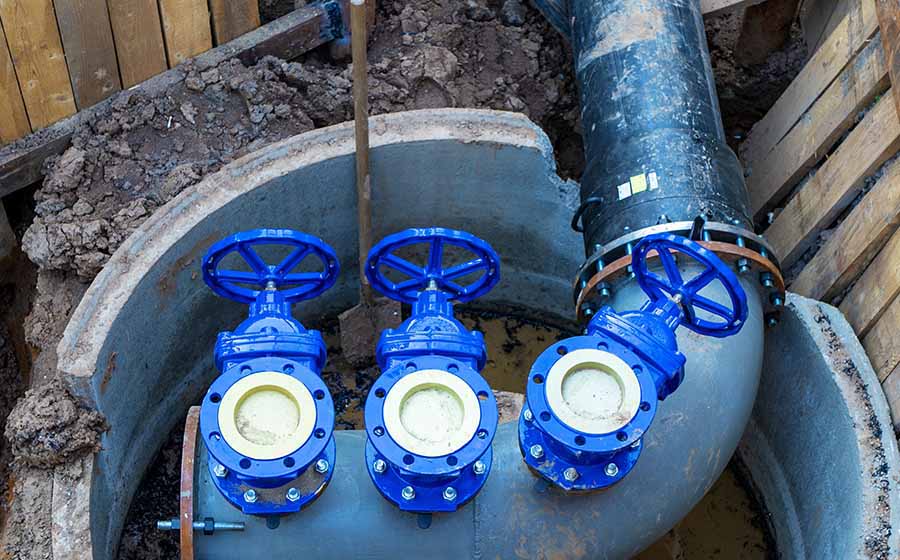
What Are the Common Valve Materials? How Are They Important to The Valve Types Used?
The most challenging aspect of a valve designing is determining the right valve materials. Different working conditions and flow media properties have to be accounted for in the decision making process.
When selecting valve materials, you must consider the working conditions, such as the temperature and pressure of the media, as well as the corrosive and erosive properties of the media. You must also take into account thermal and physical shock, line stress, and fire hazards.
All of this information helps to determine the functionality of the valve, so that the right material can be chosen to achieve optimal results.
Here are the commonly used valve materials across industries –
1. Stainless Steel

The preferred choice for most industrial valves. As stainless steel is a corrosion-resistant material, it remains relatively rust-free in applications such as water, moist air, and steam. In terms of corrosion resistance, it is a relatively inexpensive valve material.
Austenitic stainless steel in the CF8 grade is employed in non-oxidizing environments where toughness, strength, and corrosion resistance are required. The material has a strong resistance to corrosion thanks to its alloy composition of 18% chromium and 8% nickel. This grade’s high chromium content makes it appropriate for numerous low-temperature uses, including cryogenic storage. For high-temperature applications where high strength, hardness, and corrosion resistance are required, CF8 is a great material.
Not only is CF8 stronger, but it is also superior in every way. Because of this, CF8 is utilized in applications that are both demanding and crucial. CF8 outperforms WCB in terms of tensile yield strength. Additionally, this valve material has a better thermal conductivity, a lower elastic modulus, and stronger impact strength.
A wider spectrum of chemical resistance is also provided by CF8. Hot water, steam, seawater, molten salt, phosphates, and many more substances are all compatible with CF8. The chemical, petroleum, food, and pharmaceutical industries all use it.
2. Carbon Steel

A less expensive and simpler to work with valve material – utilizing carbon steel can lower costs overall, but it lacks the same corrosion-resistant qualities as stainless steel. There is no need to spend more money on stainless steel if the application is in a dry environment, such as dry gas or a hydraulic liquid that doesn’t include any water.
Industrial valves frequently employ the WCB valve material, which is suitable for both hot and cold water applications. Because they will corrode, carbon steel valves are not recommended for use in situations that are exposed to strong acids or bases. Another drawback of carbon steel is that it shouldn’t be utilized in environments with extremely low temperatures (below zero Fahrenheit).
3. Brass

When it comes to corrosion resistance and cost, brass typically falls between carbon and stainless steel in many applications. Compared to carbon steel, brass is more resistant to corrosion, and it is also simpler to process than stainless steel. Water and drinking water applications frequently use brass valves. It is also a good material to use for natural gas, propane, and oil. Because of its good resistance to dezincification, naval brass is often the preferred valve material in saltwater environments.
4. Alloy 20

As an austenitic stainless steel that is nickel-based, Alloy 20 is utilized in environments that are both hot and cold. It is resistant to chloride pitting and corrosion. This makes it a great choice for use in the chemical industry valves, as well as other industries where there are strong acids present. However, it should be noted that Alloy 20 is not as resistant to stress corrosion cracking as some other materials.
5. Alloy c276

In environments with both hot and cold temperatures, Alloy c276 is the ideal choice for use in the oil and gas industry valves. A solid solution-strengthened nickel-molybdenum-chromium alloy containing a trace amount of tungsten is known as alloy C-276. In a variety of challenging conditions and media, it has good corrosion resistance. It is ductile, easily formed, and weldable, just like other nickel alloys. It is utilized in the majority of industrial settings where other alloys have failed and aggressive chemical environments are present.
6. Monel

Monel is a strong, nickel-based alloy. It’s extremely high corrosion resistance is its greatest benefit. In environments with salt, ocean, or saline conditions, monel valves are known to be very effective. Each super alloy has a different level of chemical resistance. Some valve materials thrive in a particular setting, whilst others might not.
7. Titanium

Titanium is an alloy that is utilized in extremely hot environments. It is renowned for being strong, long-lasting, non-magnetic, and non-toxic industrial valve. It is frequently utilized in salty conditions due to its corrosion resistance. Titanium is a useful valve material in applications where weight is an issue because it is also 50% lighter than steel.
As it is incredibly strong and robust, it is employed in alloy form at very high temperatures. Additionally, it is lightweight, making it perfect for use in a variety of aeronautical applications. Titanium is a strong valve material, but it is also malleable enough to be shaped into the appropriate shape. It is a wonderful option for usage in various applications since it is resistant to wear and pitting.
8. Hastelloy

A super alloy made of nickel, Hastelloy has a strong temperature and chemical corrosion resistance. Typical uses for this valve material include oil refineries, chemical processing, steam boilers, and nuclear reactors. The petrochemical sector and the chemical process industry both employ hastelloy extensively.
Additionally, hastelloy alloys are used in metal forming processes, marine applications, and power generation. The Hastelloy family of alloys has excellent mechanical properties at high temperatures as well as excellent resistance to many corrosive environments.
What Are the Considerations While Choosing a Valve Material?

Valves are an essential component of many industrial and commercial systems, regulating the flow of liquids and gases. When selecting a valve material, it is important to consider the properties of the material and the specific application.
Resistance to corrosion
Different types of corrosion come from different environments. To be useful for its intended purpose, a material must be resistant to the type of corrosion that will be present. When choosing a material for a valve, it is important to consider the environment it will be used in. In a chemical processing plant, the valves must be able to withstand the corrosive nature of the chemicals. In an offshore oil rig, the valves must be able to withstand the saltwater environment. Selecting a material that is resistant to the specific environment is critical to ensuring the longevity of the valves.
Strength of the material
When selecting a valve material, it is important to consider the strength of the material. The material must be able to withstand the pressure and temperature of the environment. The right valve material will determine the lifespan of the valve. A tensile material can withstand high temperatures and is flexible, so it can be used in many industrial valves applications.
To sum it all up -
Consider the properties of the material and the specific application when choosing a valve material. The material must be corrosion-resistant and able to withstand the pressure and temperature of the environment to ensure the smooth functioning of your plant.
Euroindustriel are pioneers in industrial valve designing and manufacturing. With a great range of highly reliable industrial valves, you are sure to find one that is best suited for your applications. Talk to our team today to find out more!















